Nestlé Waters faces Perrier production stoppage, French media report
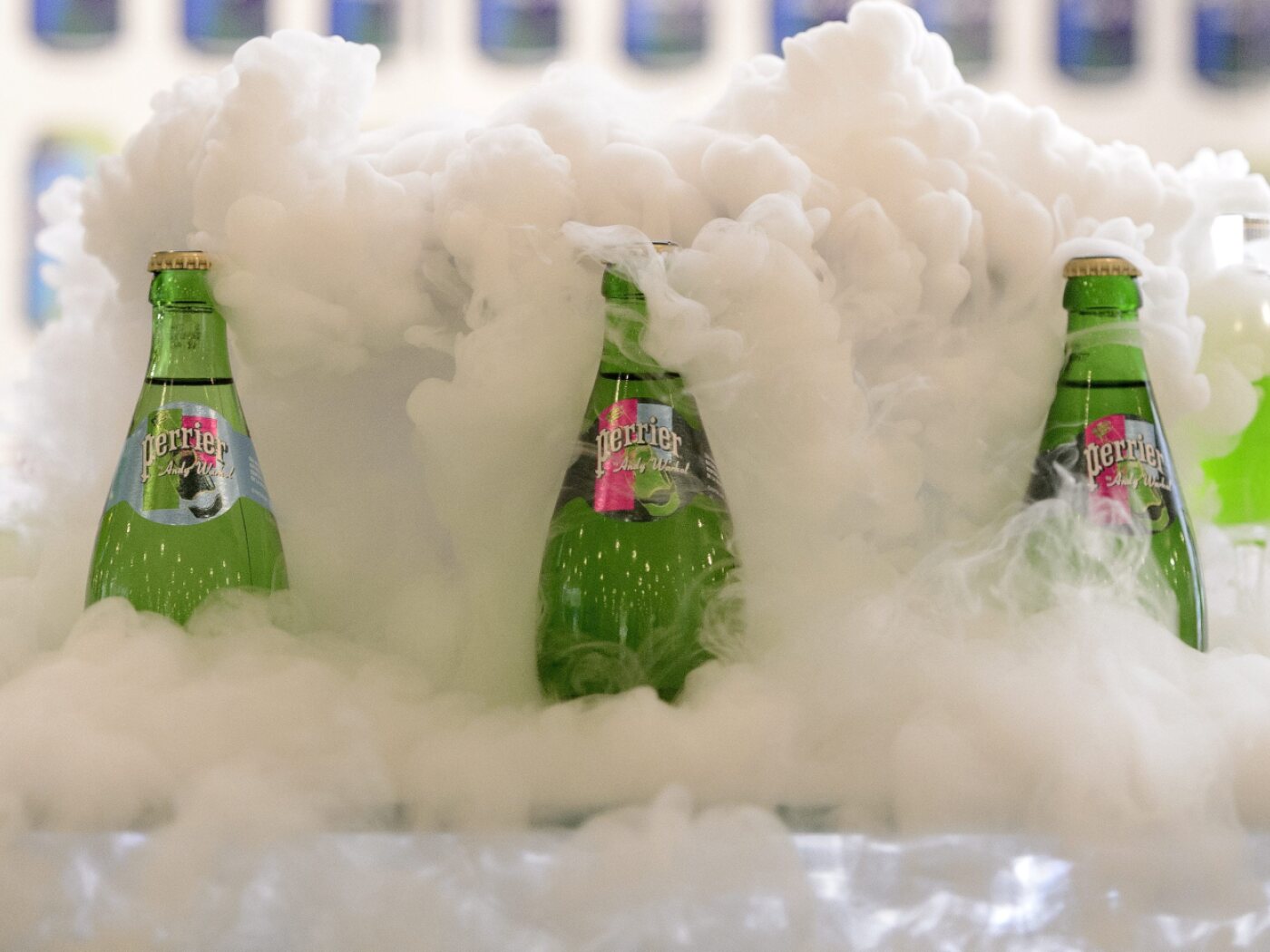
Nestlé Waters faces a possible halt to its production of Perrier mineral water in the south of France due to health risks, according to a confidential report published on Monday by the French newspaper Le Monde and Radio France.
+Get the most important news from Switzerland in your inbox
“The most famous sparkling water brand is under threat of losing its natural mineral water label, which has made its reputation for over a century,” said the French daily Le Monde. The newspaper added that “a confidential report from the Occitanie regional health agency (ARS) leaves little room for any other outcome” and that the “blow could be fatal for Perrier”.
Following an inspection carried out at the end of May at Perrier’s only packaging site in the Gard region, the state agency says that Nestlé Waters, the brand’s owner, should seriously consider “stopping production of mineral water at the Vergèze site”, due to the regularly degraded sanitary quality of its catchments and, in particular, a virological risk.
The ARS thus “invites” the subsidiary of the Swiss food giant to “strategically consider another possible food use for the current mineral water catchments”, on condition that “additional health safety guarantees” are provided. When contacted by Le Monde and Radio France, Nestlé Waters said it was “not in a position to comment”, as it was “not aware of the final report”.
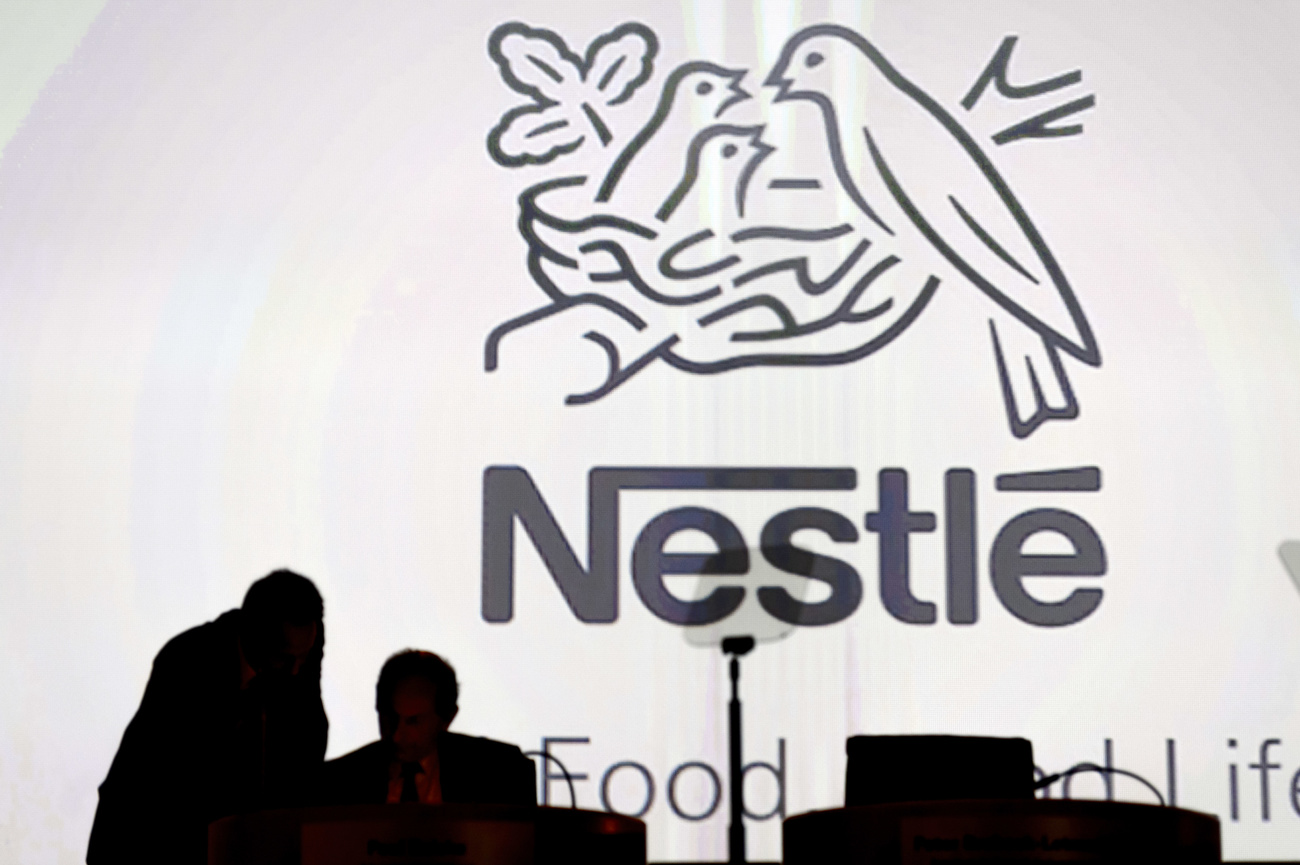
More
NGO files complaint against Nestlé Waters over bottled water purification methods
Waiting for the Prefect’s green light
The future of the brand and its production site in Vergèze, which employs some 1,000 people, is dependent on the decision of the Gard prefecture, which must rule on Nestlé’s application in October 2023 to renew the operating permit for the “Perrier spring”. When contacted, the prefecture indicated that the decision could be made in the “first half of 2025” after receipt of an “opinion by approved public health hydrogeologists”, in addition to the ARS report.
In April, the Gard prefect suspended the operation of one of the seven water catchments following an episode of contamination by bacteria of faecal origin. Nestlé then announced that it had destroyed some 3 million bottles “as a precaution”.
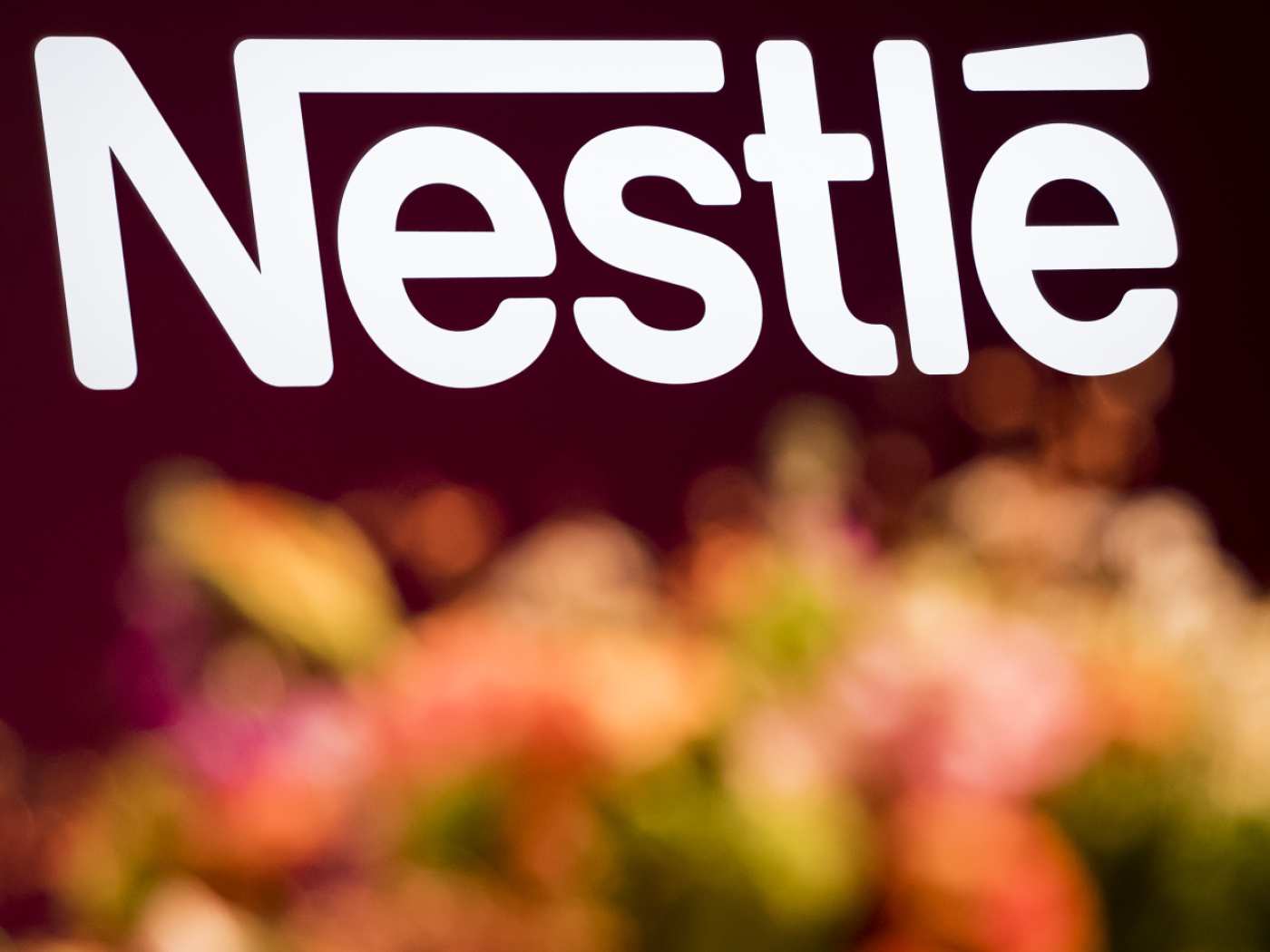
More
Nestlé Waters to pay €2 million fine to resolve French mineral water case
“Presented at the time by Nestlé and the prefecture as a one-off event linked to intense rainfall, this situation was in fact the consequence of a general deterioration in the quality of the groundwater exploited by Nestlé at Vergèze,” said Le Monde.
Last January, the two media organisations revealed that for several years Nestlé Waters had been using prohibited treatments – microfiltration, UV filters and activated carbon – to deal with bacterial and chemical contamination at some of its wells in Vergèze, as well as at its Vosges site, where Hépar, Contrex and Vittel water is drawn from.
The French government has been aware of some of these practices since at least 2020. Nestlé has admitted to using prohibited treatments, also for Henniez mineral water in Switzerland. In order to shed light on the matter, the French Senate launched a commission of inquiry into “the practices of bottled water manufacturers and the responsibilities of public authorities in the failure to monitor their activities”.
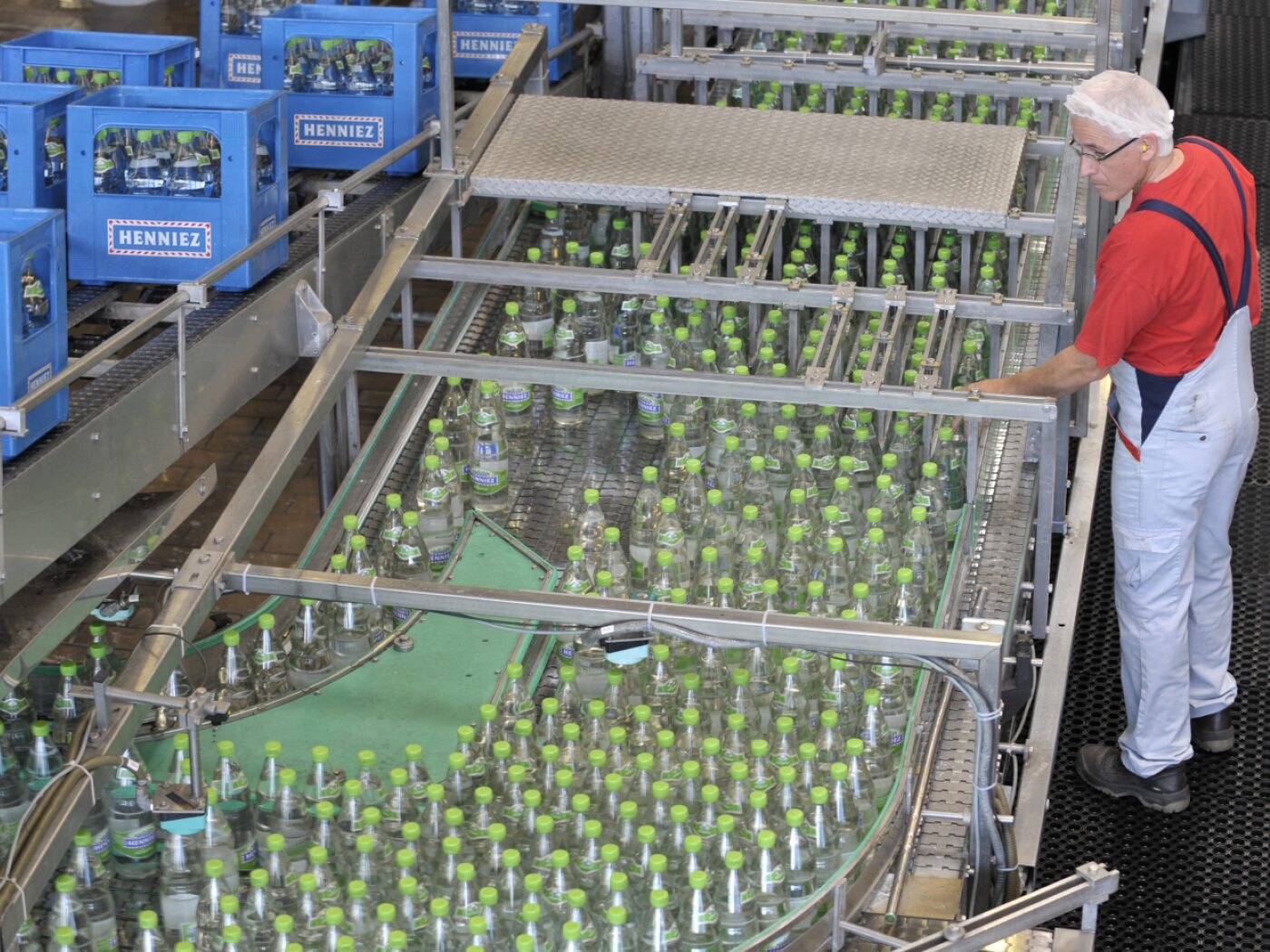
More
French parliament adopts scathing report on Nestlé Waters
According to the ARS inspection report, the risk of fraud persists. “Nothing prevents the treatment of natural mineral water by unauthorised processes used for other types of water,” it said. Its inspection mission refers to a “virological risk” (adenovirus, norovirus, hepatitis A) for consumers. “Microfilters have no retention effect on viruses,” say the inspectors, who add that “the operator has never demonstrated the presence of these viruses in the water”.
Translated from French by DeepL/sb
This news story has been written and carefully fact-checked by an external editorial team. At SWI swissinfo.ch we select the most relevant news for an international audience and use automatic translation tools such as DeepL to translate it into English. Providing you with automatically translated news gives us the time to write more in-depth articles.
If you want to know more about how we work, have a look here, if you want to learn more about how we use technology, click here, and if you have feedback on this news story please write to english@swissinfo.ch.

In compliance with the JTI standards
More: SWI swissinfo.ch certified by the Journalism Trust Initiative









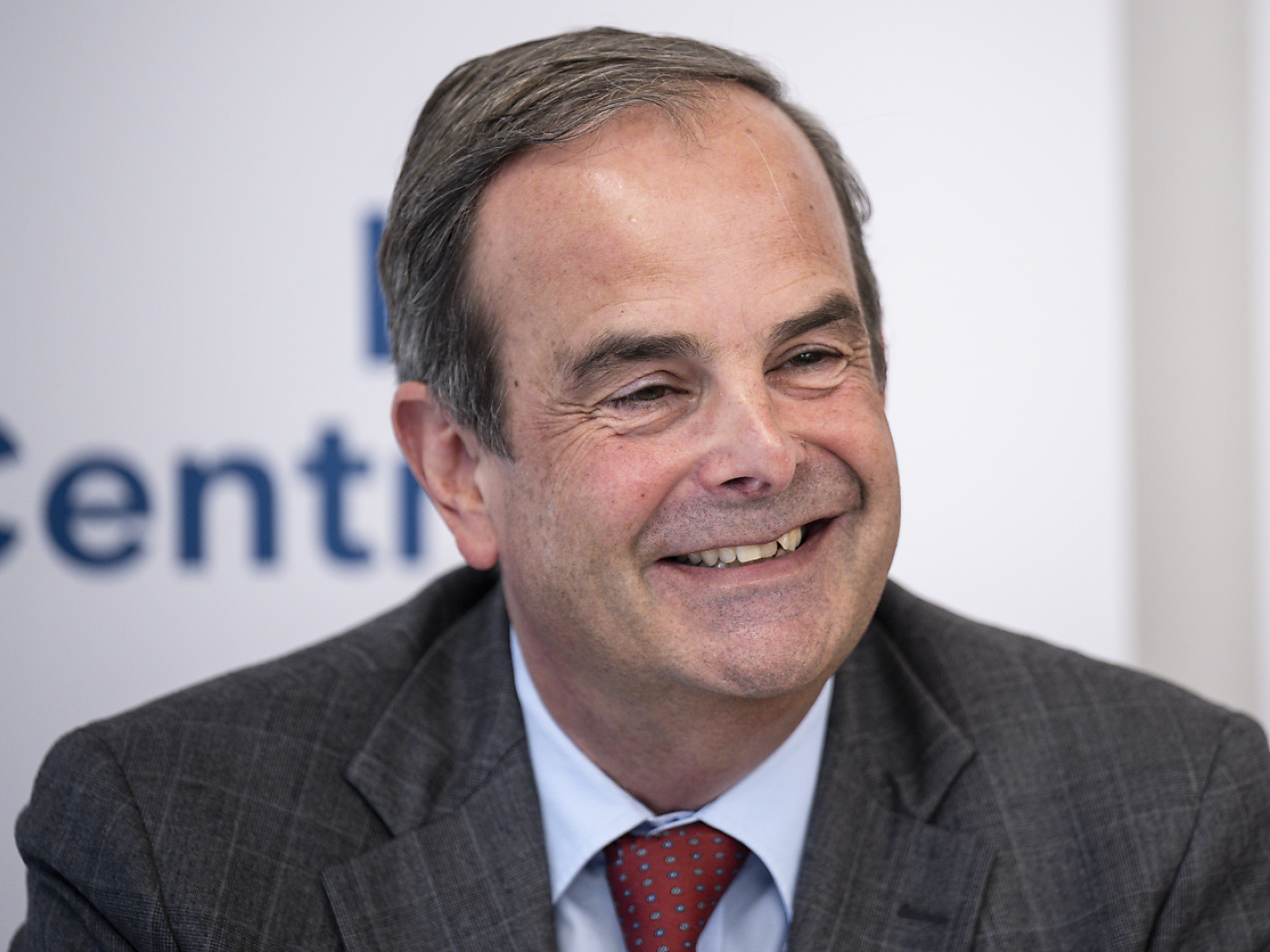


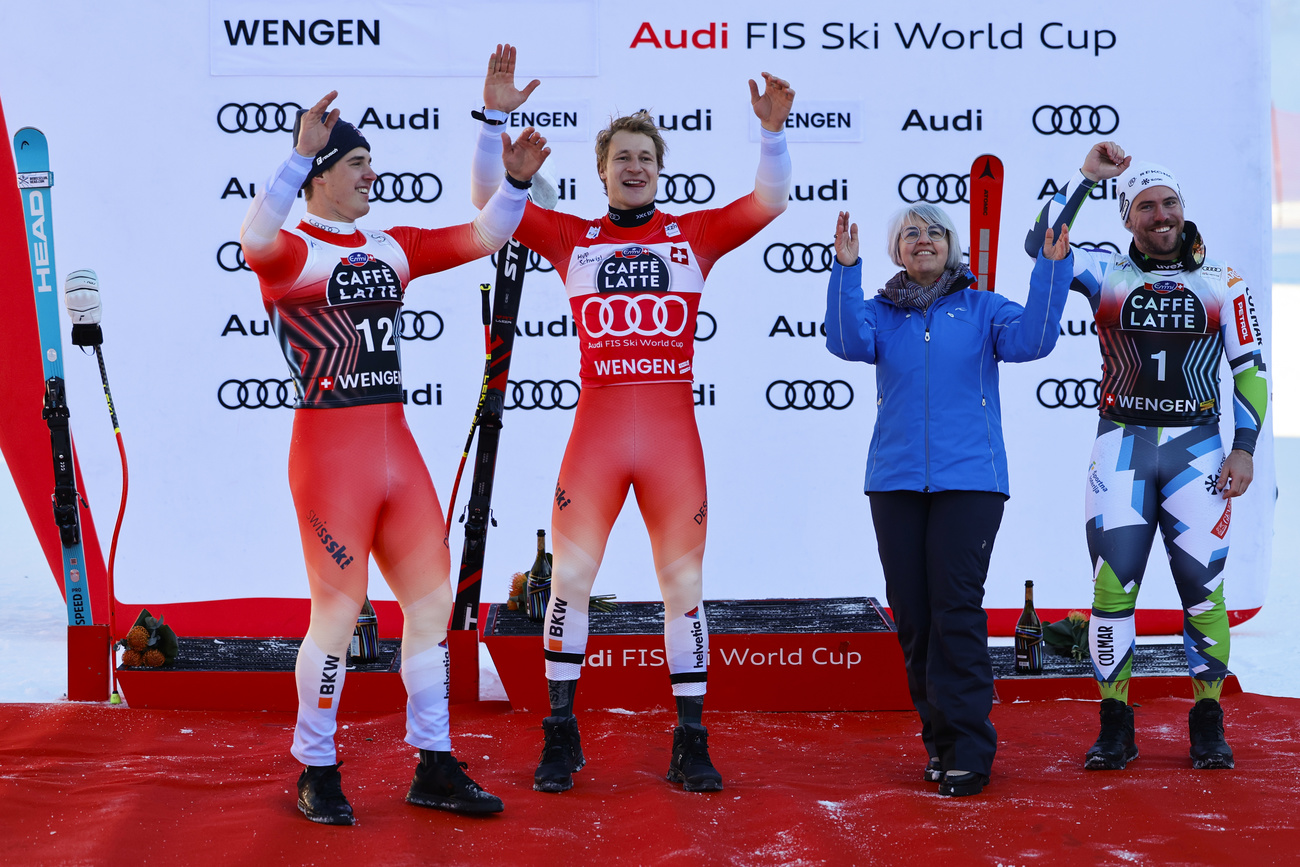
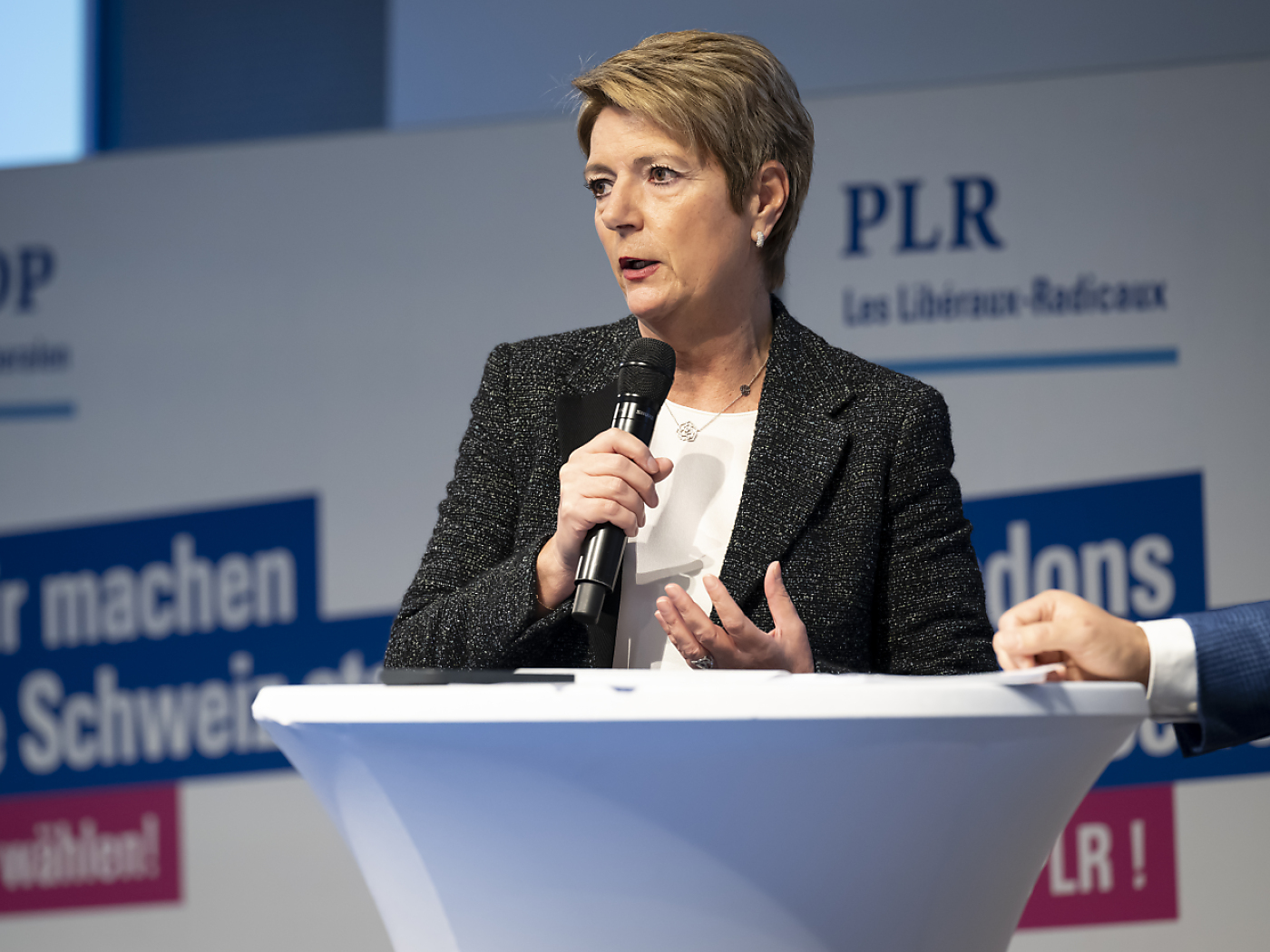


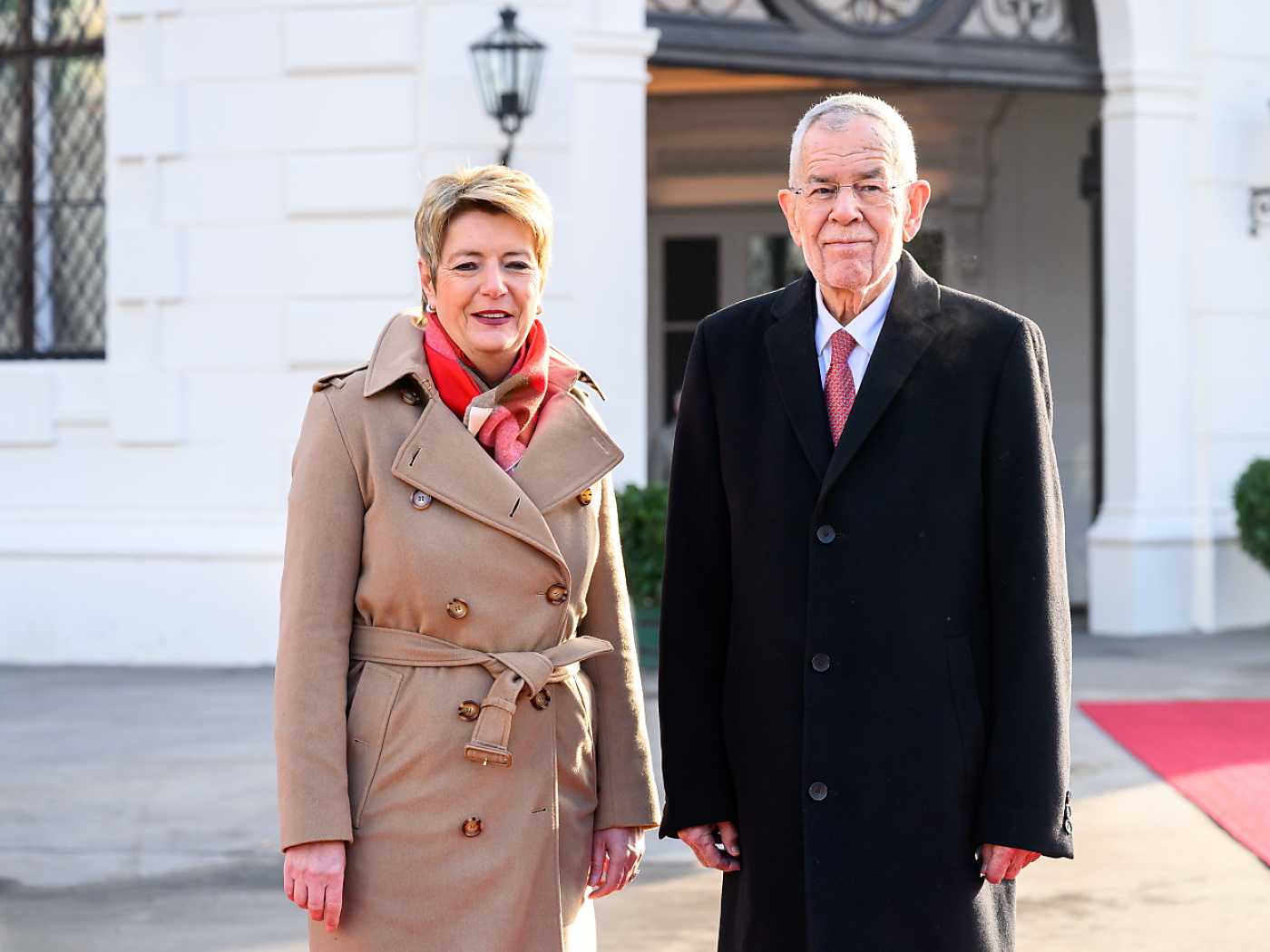
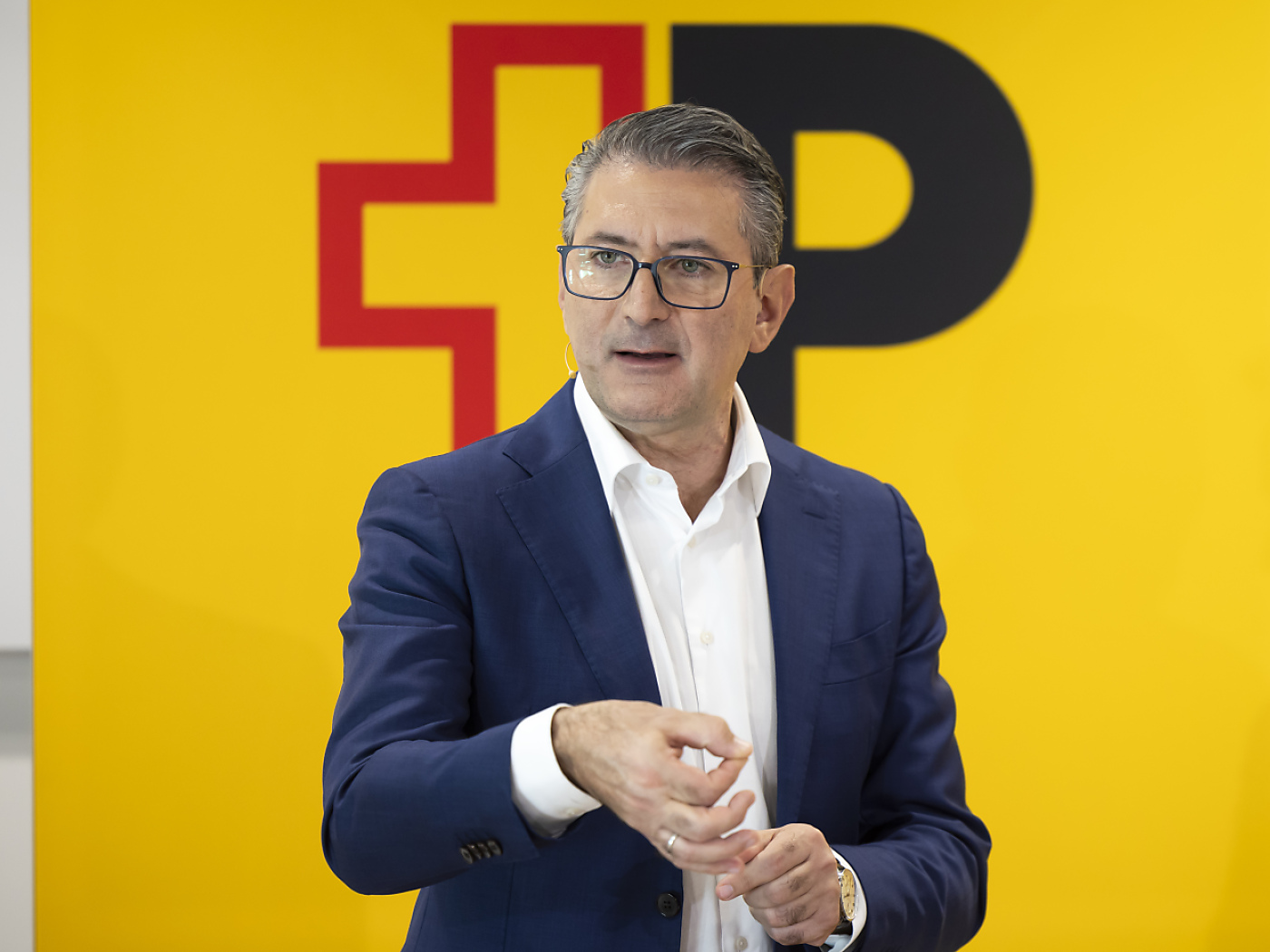
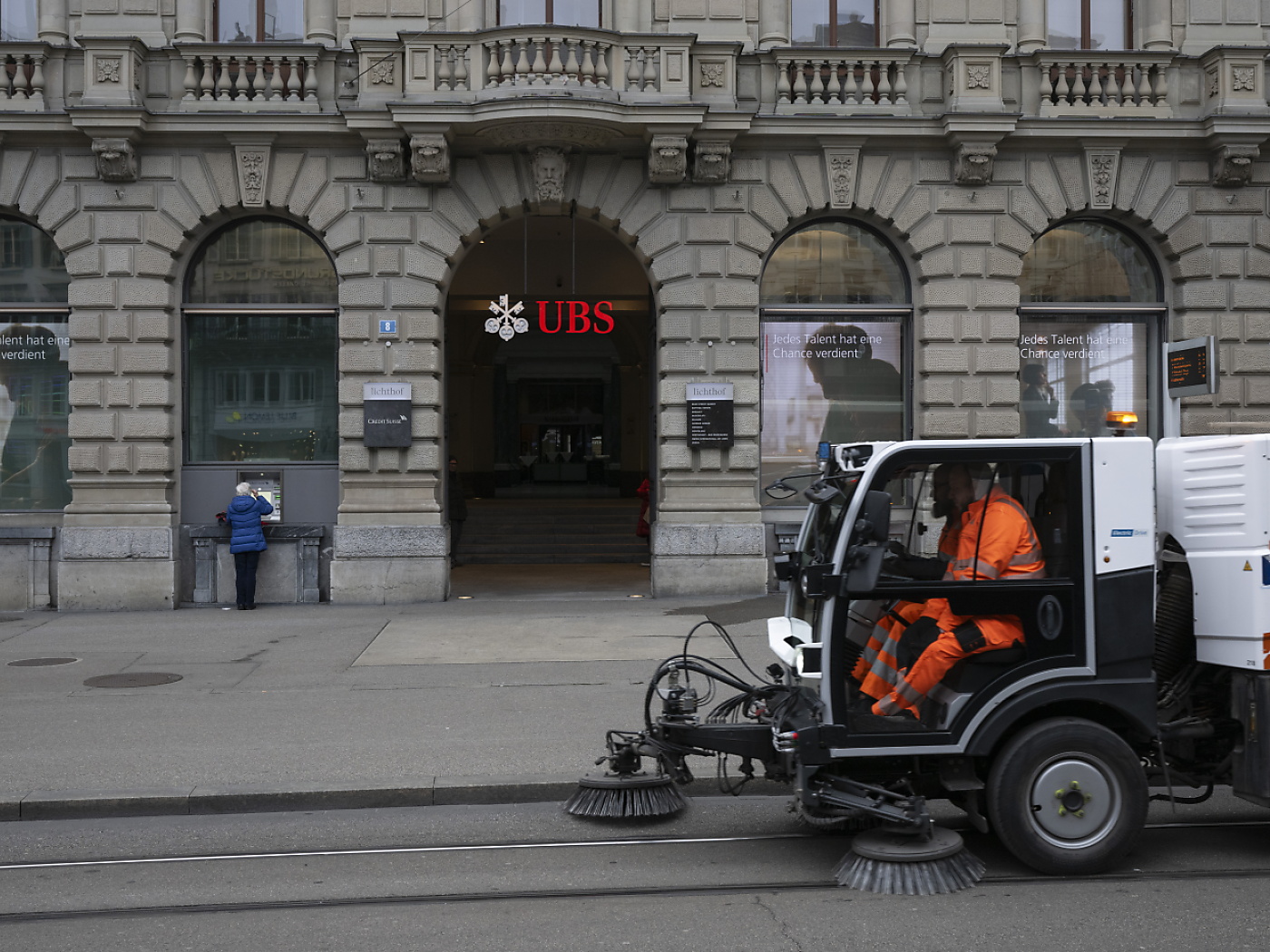
You can find an overview of ongoing debates with our journalists here . Please join us!
If you want to start a conversation about a topic raised in this article or want to report factual errors, email us at english@swissinfo.ch.